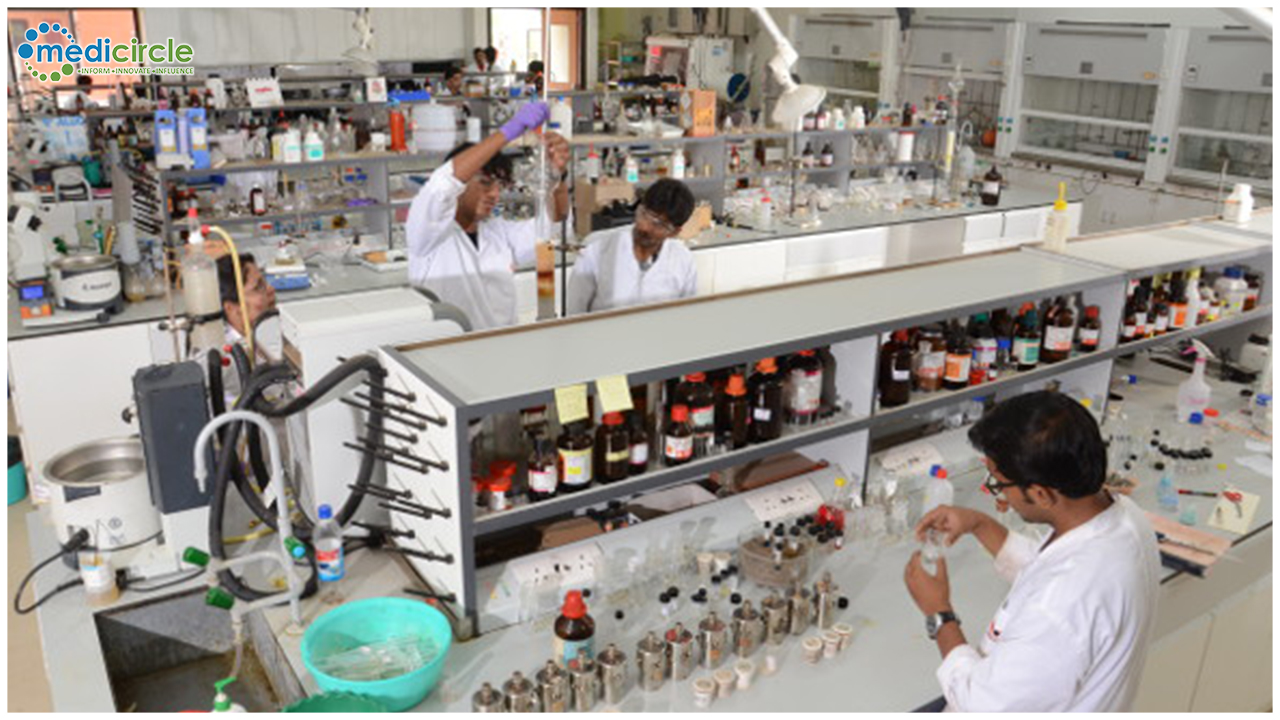Novel coronavirus is a new virus and researchers are trying to figure out all the different aspects of it. Two institutes of Centre for Scientific and Industrial Research (CSIR) Centre for Cellular and Molecular Biology (CCMB), Hyderabad and Institute of Genomics and Integrative Biology (IGIB), New Delhi have started working together on the whole genome sequencing of novel coronavirus.
“This will help us to understand the evolution of the virus, how dynamic is it and how fast it imitates. This study will help us to know how fast it evolves and what are the future aspects of it” said Dr Rakesh Mishra, Director, CCMB while speaking withSenior ScientistJyoti Sharma fromIndia Science Wire, DST.
Whole-genome sequencing is the method used to determine the complete DNA sequence of a specific organism’s genome. The approach for sequencing the latest coronavirus involves getting samples from patients that have are found to be positive and sending these samples to a sequencing centre. Genome sequencing need very large number of samples for study. “Without much data if you make any conclusion that may not be right. At the moment we are accumulating as many sequencings as we can and once, we have few hundred sequencing with us then we will be able to make many inferences from many biological aspects of this virus” said Dr Mishra.
Three to four people from each institute are continuously working on the whole genome sequencing. In the next 3-4 weeks researchers would be able to get at least 200-300 isolates and this information would help them to make some further conclusion about behaviour of this virus. For this purpose, National Institute of Virology (NIV), Pune has also been requested to give virus that has been isolated from different places. This will help the scientists to cover the whole country to get a bigger and clearer picture. This will help the institutes to establish the family tree of the virus. Dr Mishra told that based on this they can study from where the virus has come which strain has more similarity, the varied mutations and which strain is weak and what strain is strong. “This will give some strategic clues to understand it and to implement better isolation strategies” he said.
In addition to this the institute has also increased the testing capacity. A large number of people are undergoing testing and they would go for mass screening. This will help them to identify the number of positive cases and then send them for isolation or quarantine.

 Indian researchers start working on novel coronavirus genome sequencing
Indian researchers start working on novel coronavirus genome sequencing











.jpeg)


.jpeg)



.jpeg)
.jpeg)






.jpeg)





